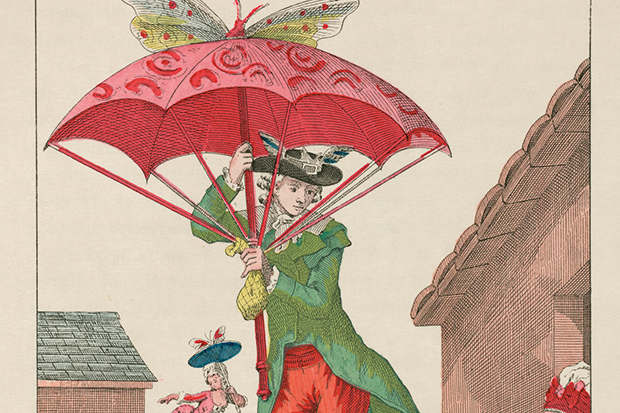One happy aspect of Lionel Shriver’s peek into the near future (the novel opens in 2029) is the number of unusually rounded elderly characters she presents. Her pitiless eye notes every mark of age and vanity in the older generation of the Mandible family, but they remain in robust health, sharp without being merely spry, and full of personality.
Already a subscriber? Log in
Subscribe for just $2 a week
Try a month of The Spectator Australia absolutely free and without commitment. Not only that but – if you choose to continue – you’ll pay just $2 a week for your first year.
- Unlimited access to spectator.com.au and app
- The weekly edition on the Spectator Australia app
- Spectator podcasts and newsletters
- Full access to spectator.co.uk
Or
Unlock this article
Available from the Spectator Bookshop, £13.99. Tel: 08430 600033
You might disagree with half of it, but you’ll enjoy reading all of it. Try your first month for free, then just $2 a week for the remainder of your first year.














Comments
Don't miss out
Join the conversation with other Spectator Australia readers. Subscribe to leave a comment.
SUBSCRIBEAlready a subscriber? Log in